Citation
O'Farrell, Tim. 'Islamic terrorism' in New Zealand? The John Key Government, Counterterrorism, and the 'Islamic terrorism' Narrative
. Critical Studies on Terrorism Vol 15, no. 4 (2022): 893-916. DOI: 10.1080/17539153.2022.2096079.
Findings
While major terrorism events and legislation both preceded and came after John Key's term as Prime Minister, the period of 2008-2016 saw a major shift in New Zealand's (NZ) counterterrorism discourse and approach. The political and national security discourse leading up to and after the security and legislative changes in 2014 provide a strong evidential base in support of NZ's adoption of the "Islamic terrorism" narrative. NZ adopted a misguided and disproportionate focus on "Islamic terrorism" and there was an acute lack of focus on right-wing extremism. A major finding of the research is the Key government's conflation, and at times virtual equalization, of terrorism with "Islamic terrorism." This article argues that the adoption of the "Islamic terrorism" narrative by John Key's government resulted in a problematic conceptualization of terrorism and this manifested in counterproductive counterterrorism policies, racially biased security investigations, and a disproportionate focus on Muslims. The author proposes a different approach to counterterrorism measures, known as emancipation. Emancipation is concerned with the security of all people; the resistance of oppressions; maintaining the freedom of all; and the progression of society. It demands that NZ no longer employs nor assists in the use of military force and violence and adopts a holistic approach to assessing and responding to threats of terrorism. This means that the NZ must assess each threat on its merits and empirical evidence, as opposed to concentrating unduly on Muslim groups and individuals. More substantially, however, a holistic approach means that NZ counterterrorism would seek to assess and address the deep-rooted causes of terrorism. Religious beliefs do not, on their own, cause violence. Other factors such as racism, politics, the marginalization of minorities, institutional poverty, as well as intercultural and interreligious relations, must be considered.
Tags
Lever of Power: Information Lever of Power: Law Enforcement Method: Qualitative Geoscope: Single country UN Region: Oceania DOD Region: INDOPACOM Country: New Zealand Type: Article Year: 2022
Research Background
- Research questions
- How was the "Islamic terrorism" narrative, developed by John Key's government, used by New Zealand politicians and counterterrorism agencies? (inferred)
- Hypotheses
- The adoption of the "Islamic narrative" by John Key's government in New Zealand between 2008 and 2016 led to a problematic conceptualization of terrorism which manifested in counterproductive counterterrorism policies, such as acute lack of focus on right-wing terrorism, racially biased security investigations, and a disproportionate focus on Muslims and Muslim communities, impacts that continued to be felt even after Key's government was no longer in power. (inferred)
Variables or Concepts
- Independent variables & concepts
- Adoption of the Islamic terrorism narrative by John Key's government in 2008-2016 (inferred)
- Dependent variables & concepts
- Problematic conceptualization of terrorism (inferred)
- Counterproductive counterterrorism policies (inferred)
- Racially biased security investigations (inferred)
Methodologies
- Qualitative method description
- Discourse analysis of the consequences of the "Islamic terrorism" narrative as adopted by John Key's National Party government (2008-2016) in New Zealand, based on secondary sources
Time Frame
- Start: 2008
- End: 2021
